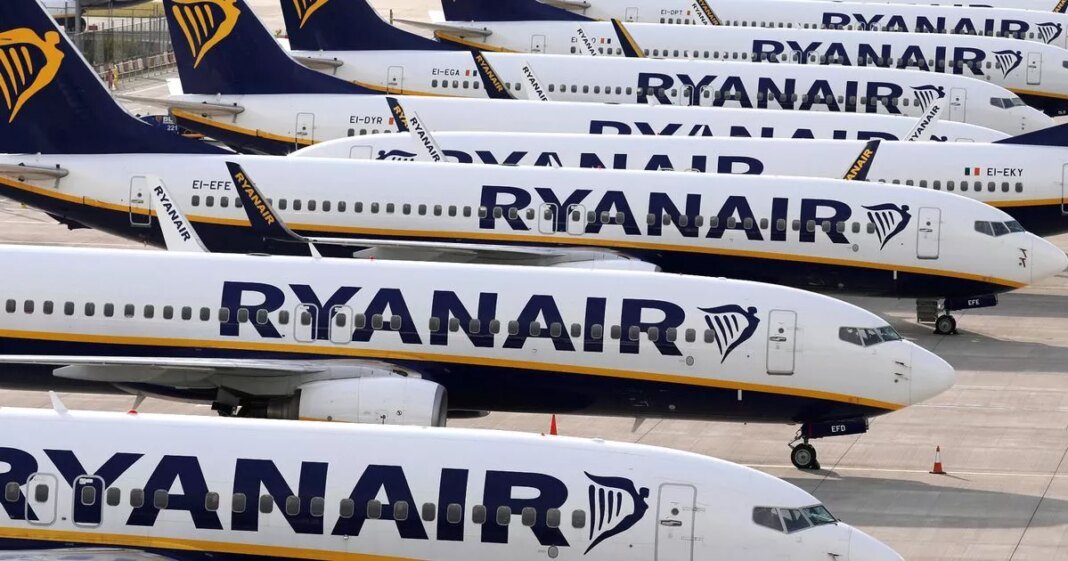Recent reports suggest that Ryanair’s move to eliminate certain key routes in Spain and reduce flight frequencies on other routes could trigger a surge in airfare prices. The budget airline’s decision follows the closure of its Santiago de Compostela base and the suspension of flights from Vigo and Tenerife North, citing a 6.5% increase in passenger fees by Spain’s airport operator Aena through 2026 as the driving factor.
Additionally, Ryanair will continue the closure of bases in Valladolid and Jerez, and scale back operations in Asturias, Santander, Zaragoza, and the Canary Islands during the upcoming winter season. These strategic cuts are part of Ryanair’s plan to reduce capacity by 41% in Spanish regions and by 10% in the Canary Islands. CEO Eddie Wilson emphasized the potential negative impact on investment, connectivity, tourism, and employment in regional Spain due to the unviability of many routes.
Analysts predict that the reduction in flight capacity by low-cost carriers like Ryanair typically leads to a 20-30% increase in fares on affected routes within four to six weeks of the announcement. This rise is attributed to a decrease in supply, resulting in a “fare squeeze” where last-minute bookings incur significantly higher costs for passengers.
Past instances, such as Ryanair’s 2024 cutbacks in Germany following tax adjustments, saw immediate fare hikes of 10-20% on impacted routes as available seats diminished. While competitors like easyJet or Vueling may absorb some demand, initial scarcity often leads to temporary price spikes before normalization.
The analysis forecasts that ticket prices on affected routes could surge from the current £55-£60 range to £80-£85 by October, potentially burdening families with additional costs amidst a cost-of-living crisis exacerbated by inflation. Passengers are advised to secure alternative bookings promptly to avoid price escalations and limited availability during peak travel periods like Christmas and New Year’s.
Furthermore, passengers with flexible travel plans may benefit from potential promotions by competitors seeking to capitalize on Ryanair’s market share, leading to short-term fare reductions of 10-15%. Off-peak travel is expected to be less affected, and last-minute discounts may emerge if demand softens. The choice between immediate booking for certainty or monitoring for adaptable options ultimately depends on individual risk tolerance.
Recent data highlights a significant increase of 30.2% in airfares between June and July, with mainland European routes driving the surge more than domestic or long-haul flights. These trends emphasize the importance of timely and informed decisions for air travel bookings in the current market environment.
At Reach and across our entities we and our partners use information collected through cookies and other identifiers from your device to improve experience on our site, analyse how it is used and to show personalised advertising. You can opt out of the saleor sharing of your data, at any time clicking the "Do Not Sell or Share my Data" button at the bottom of the webpage. Please note that your preferences are browser specific. Use of our website and any of our services represents your acceptance of the use of cookies and consent to the practices described in our Privacy Notice and <a href="https://www.mirror.co.uk/cookie-policy

